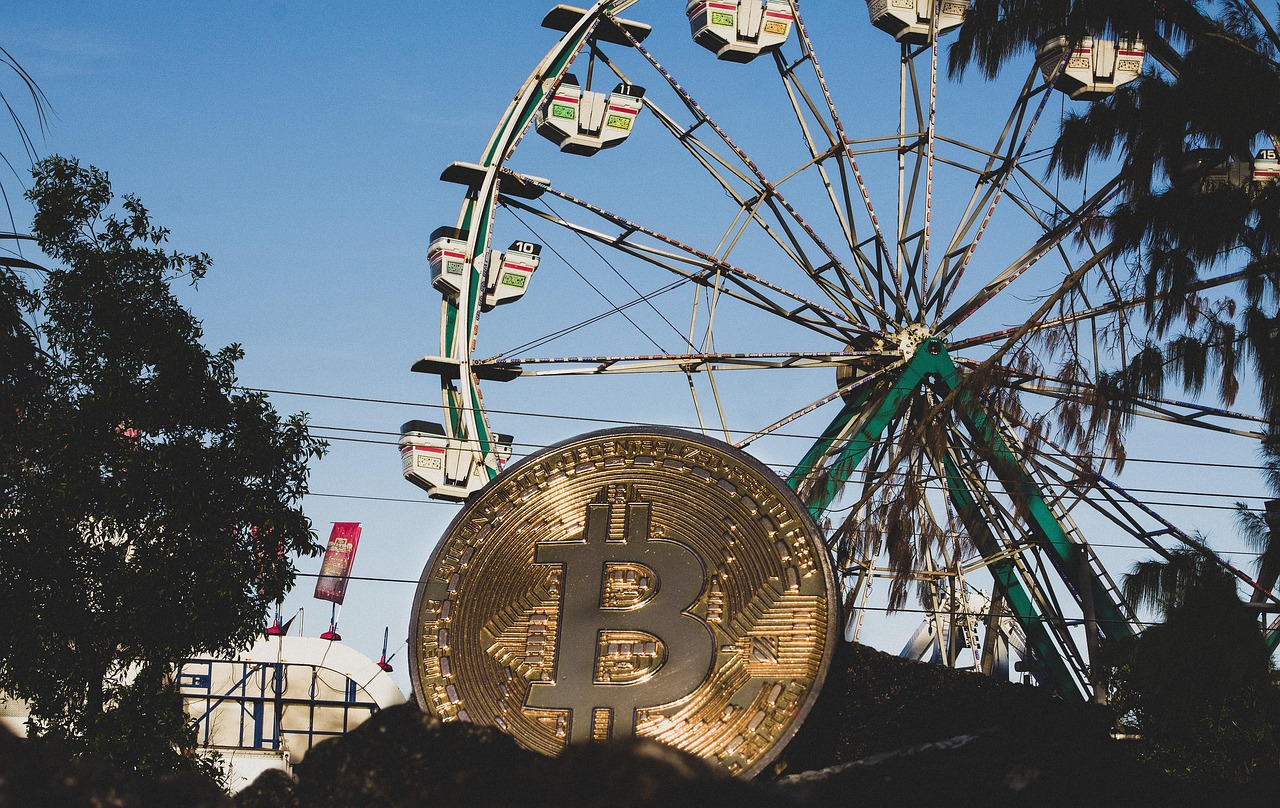Tech in Pakistan – A Personal Journey into Innovation
I still remember my first visit to a tech hub in Karachi. It was late afternoon, and the room buzzed with ideas and conversations. Young people sat around laptops, sketching app designs, discussing blockchain, and writing lines of code. The atmosphere felt alive. In that moment, I realized Pakistan’s tech scene is not just growing, it is transforming lives.
I spent weeks traveling between Karachi, Lahore, and Islamabad, visiting co-working spaces, attending tech meetups, and talking to startup founders. What I learned was inspiring. Pakistan is on a journey toward digital innovation and it is happening faster than most people think.
The Rise of Pakistan’s Tech Industry
Pakistan’s IT sector has been expanding at an impressive pace. Exports crossed $2.8 billion last year, and experts believe the number will hit $3.5 billion soon. Walking through a tech incubation center in Islamabad, I saw dozens of startups pitching to investors. There was energy, ambition, and confidence in the air.
One young founder told me,
“We are not trying to copy Silicon Valley. We are building solutions for Pakistan, by Pakistan.”
It made me realize something important: Pakistan’s tech story is unique. It grows out of local problems, local creativity, and local ambition.

Artificial Intelligence – Pakistan’s Bold Leap
AI is no longer a futuristic dream here. It is already changing healthcare, education, finance, and agriculture. I attended a workshop in Lahore where a small startup demonstrated an AI tool that analyzes X-rays to detect early-stage cancer. Watching doctors test the platform in real time was an emotional moment for me.
AI is also helping businesses predict customer behavior, manage inventory, and streamline logistics. The government is supporting AI innovation by funding research and introducing policies to guide ethical AI use. Universities now offer AI-focused programs, and companies are investing heavily in data scientists and engineers.
By 2027, AI-driven exports are expected to cross $1 billion. Sitting in those tech parks, I could feel a shift happening not just in numbers, but in mindset.
Cloud Computing – Quietly Powering Digital Pakistan
During my visit to an IT conference in Islamabad, I joined a session on cloud computing. It amazed me to see how quickly Pakistani companies are adopting cloud solutions. Banks, telecom operators, and even government agencies are now using hybrid cloud systems to store and secure data.
A CTO I spoke to explained how cloud-based infrastructure allows small startups to compete with big players without massive investment. The government’s Cloud First Policy is accelerating this shift. By mid-2025, almost 40% of enterprise IT spending is expected to go into cloud services.
Standing there,I realized that cloud technology is the invisible backbone of Pakistan’s digital transformation.
Also Read:Smart Glasses vs Smartwatches 2025 | Ultimate Wearable Tech Guide

Blockchain Beyond Cryptocurrency
Blockchain has moved far beyond crypto here. I visited a demo in Karachi where a company showed me a blockchain-based land registry. Instead of relying on fragile paper records, property data is now securely stored on decentralized ledgers. This is reducing fraud and disputes in land ownership.
Other blockchain solutions I came across include:
Digital identity verification systems
Supply chain tracking for food and medicine
Smart contracts for e-commerce and financial transactions
One startup founder told me,
“Blockchain isn’t about hype. It’s about trust.”
That sentence summed up the future of blockchain in Pakistan perfectly.
Startups That Are Changing Lives
During my travels, I met several inspiring entrepreneurs who are reshaping Pakistan’s digital economy:
DealCart – Helping households save money through social e-commerce.
PostEx – Providing cash-flow solutions and logistics support for e-commerce businesses.
Markaz Technologies – Allowing small-town entrepreneurs, especially women, to sell online without maintaining inventory.
Bazaar Technologies – Modernizing kiryana stores with digital procurement and accounting tools.
Zyp Technologies – Introducing smart electric bikes with battery swapping stations in Lahore.
Each startup began by solving a real problem. Meeting these founders, I noticed one thing they all had in common: passion combined with persistence.
Special Technology Zones – Building the Future
The government has launched the Special Technology Zones Authority (STZA) to attract investment and encourage innovation. I visited the Islamabad Technopolis, and construction was everywhere. Soon, this place will host startups, tech giants, and research facilities under one roof.
These zones offer tax incentives, world-class infrastructure, and global partnerships. Similar projects are happening in Lahore, Karachi, and Haripur. Walking around the site, I could almost picture the future buzzing with life, creativity, and opportunity.
Aerospace, Cybersecurity, and National Projects
In Rawalpindi, I toured the National Aerospace Science and Technology Park (NASTP). International companies like TAI and Baykar have already set up offices there. It was surreal to see advanced aerospace research happening right here.
Cybersecurity has also become a major priority. The creation of the National Cyber Crime Investigation Agency (NCCIA) marked a significant step forward. During a discussion with an NCCIA officer, he told me,
“We are building digital highways, but we must also protect them.”
That focus on security gave me confidence in Pakistan’s digital future.
Also Read:Foldable Smartphones 2025 . Complete Insider Guide

Energy and Technology – Driving Innovation
One of the most memorable moments of my journey was visiting a massive solar farm in Sindh. Endless panels stretched across the landscape, reflecting the sunlight like a silver sea. Today, nearly 25% of Pakistan’s electricity comes from solar energy, powering everything from homes to AI data centers.
Companies like Lucky Cement are using solar, wind, and advanced battery storage to reduce reliance on fossil fuels. In Karachi, I saw an energy facility supplying clean power to blockchain-based projects and cloud data centers.
Technology and energy are no longer separate they are deeply connected here.
Challenges Pakistan Still Faces
Of course, the journey isn’t perfect. There are still big hurdles to overcome:
Slow internet speeds in rural areas
Unstable energy supply for tech infrastructure
Limited funding for early-stage startups
Skill gaps in AI, cybersecurity, and blockchain
Yet, despite these challenges, I felt a strong sense of resilience wherever I went. People are determined to solve problems instead of waiting for solutions from outside.
A Future Full of Possibilities
Pakistan’s goal is to hit $30 billion in tech exports by 2030. Ambitious, yes, but from what I saw, the talent and drive exist to make it possible.
One evening, I stood on the rooftop of a co-working space in Islamabad, looking out at a skyline full of cranes, solar panels, and towers. The city glowed with potential. In that moment, I thought to myself:
Final Thoughts
My journey through Pakistan’s tech ecosystem taught me something important. This isn’t about copying others. It is about building something unique that works for the people here. From AI-driven startups to renewable-powered data centers, from blockchain registries to Special Technology Zones, Pakistan’s tech story is just beginning.
And if you stand where I stood, among passionate creators and innovators, you will feel it too.
FAQs
Q1. Is there any tech company in Pakistan?
A:Yes, Pakistan has many leading tech companies. Some of the top ones include Systems Limited, NETSOL Technologies, Techlogix, Ovex Technologies, and 10Pearls. These companies provide software development, AI solutions, cloud computing, and IT services to local and international clients.
Q2. What technology does Pakistan have?
A:Pakistan has advanced technologies in artificial intelligence, blockchain, cloud computing, cybersecurity, e-commerce, and renewable energy solutions. The country is also developing smart cities, 5G infrastructure, and modern fintech platforms to support the digital economy.
Q3. How is the IT industry in Pakistan?
A:Pakistan’s IT industry is growing rapidly. It contributes billions of dollars to the economy, with IT exports crossing $2.8 billion recently. Startups, software houses, and innovation hubs are expanding, while the government is supporting the sector through initiatives like Special Technology Zones and AI research programs.
Q4. How many technical boards are there in Pakistan?
A:There are more than 20 technical education boards in Pakistan, including provincial and federal boards. Some major ones are the Punjab Board of Technical Education (PBTE), Sindh Board of Technical Education (SBTE), Khyber Pakhtunkhwa Board of Technical Education (KPBTE), and Federal Board of Technical Education (FBTE).




